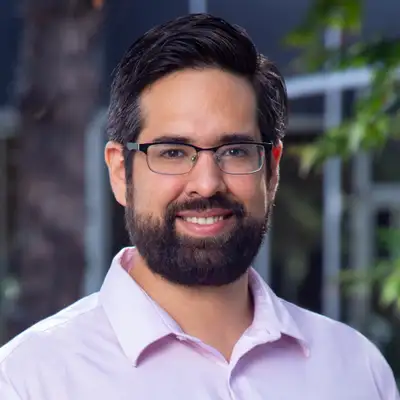Neutral atom arrays with Alex Keesling of QuEra Computing
Download MP3In this episode, Kevin and Sebastian are joined by Alex Keesling, CEO of QuEra Computing, for a discussion about his work with neutral atom arrays for simulation and computation. Alex describes his very early introduction to quantum information science as a high school student in Mexico, which kicked off a defining fascination with the field. At MIT as an undergraduate he started working with photonic systems, and as a PdD student with Misha Lukin at Harvard he played an instrumental role in the "atom array" project that eventually was spun out as QuEra. Today, QuEra's Aquila device has 256 atoms in its array that can be used as for analog Hamiltonian simulations, and is accessible on the cloud via AWS' Braket service. Alex explains in detail how these devices work, what physics breakthroughs they rely on for their operation, and where they may be going in the future with work underway on digital gates for universal computation. Additionally Alex takes us through some of the incredible scientific results these devices have already made possible, and discusses what the future of both scientific and commercial applications might hold.
The QuEra team published a deep dive into their Aquila device and its capabilities in a paper called Aquila: QuEra's 256-qubit neutral-atom quantum computer.
The QuEra team published a deep dive into their Aquila device and its capabilities in a paper called Aquila: QuEra's 256-qubit neutral-atom quantum computer.
Creators and Guests

Guest
Alexander Keesling
Dr. Alex Kessling is QuEra's CEO and an expert in quantum computing and quantum simulation with neutral atoms. He obtained his doctorate in physics at Harvard, in the group of QuEra's co-founder Mikhail Lukin. During his PhD he pioneered the development of programmable Rydberg atom arrays into a leading technology for quantum information processing.

Composer
Omar Costa Hamido
OCH is a performer, composer, and technologist, working primarily in multimedia and improvisation. His current research is on quantum computing and music composition, telematics, and multimedia. He is passionate about emerging technology, cinema, teaching, and performing new works. He earned his PhD in Integrated Composition, Improvisation and Technology at University of California, Irvine with his research project Adventures in Quantumland (quantumland.art). He also earned his MA in Music Theory and Composition at ESMAE-IPP Portugal with his research on the relations between music and painting. In recent years, his work has been recognized with grants and awards from MSCA, Fulbright, Fundação para a Ciência e a Tecnologia, Medici, Beall Center for Art+Technology, and IBM.


